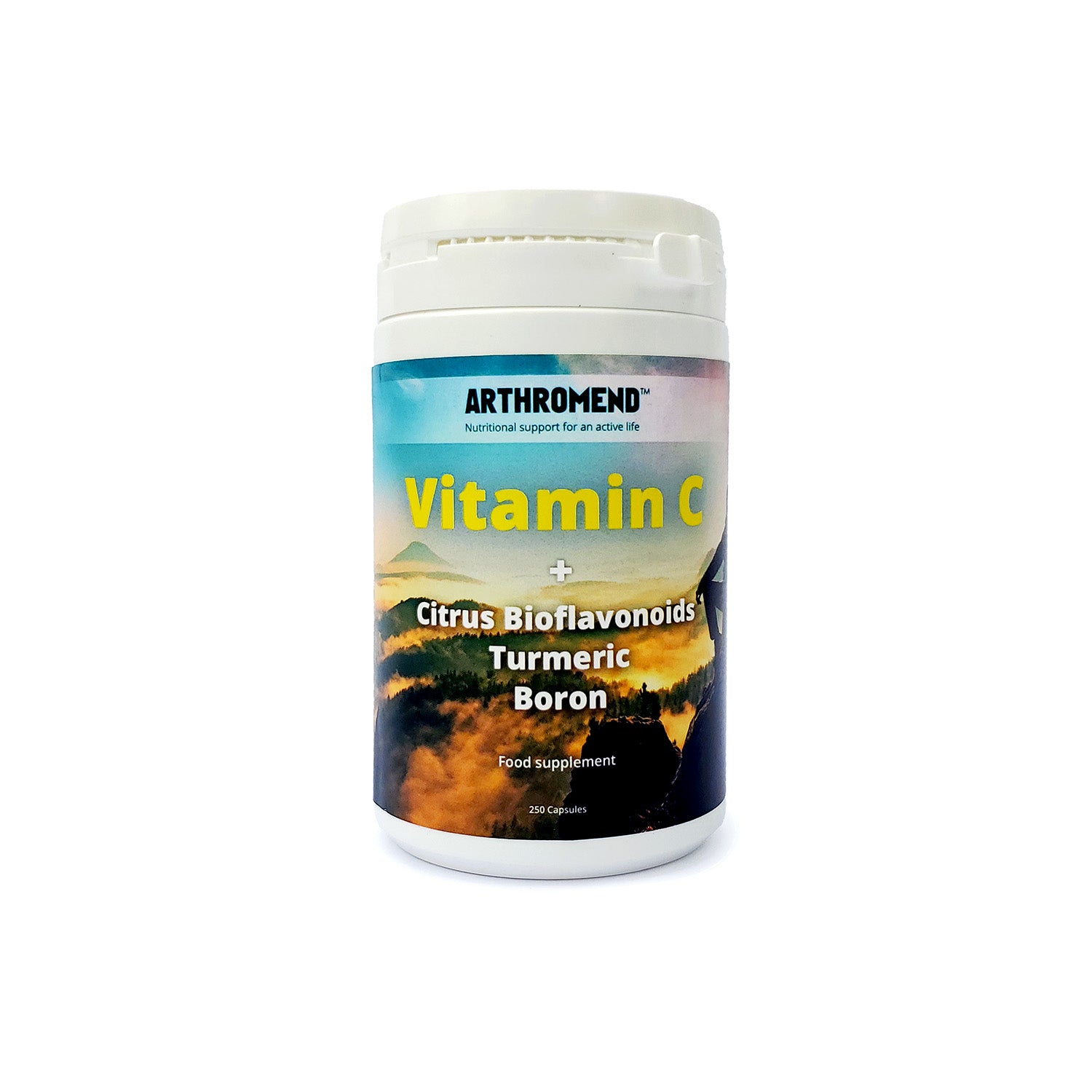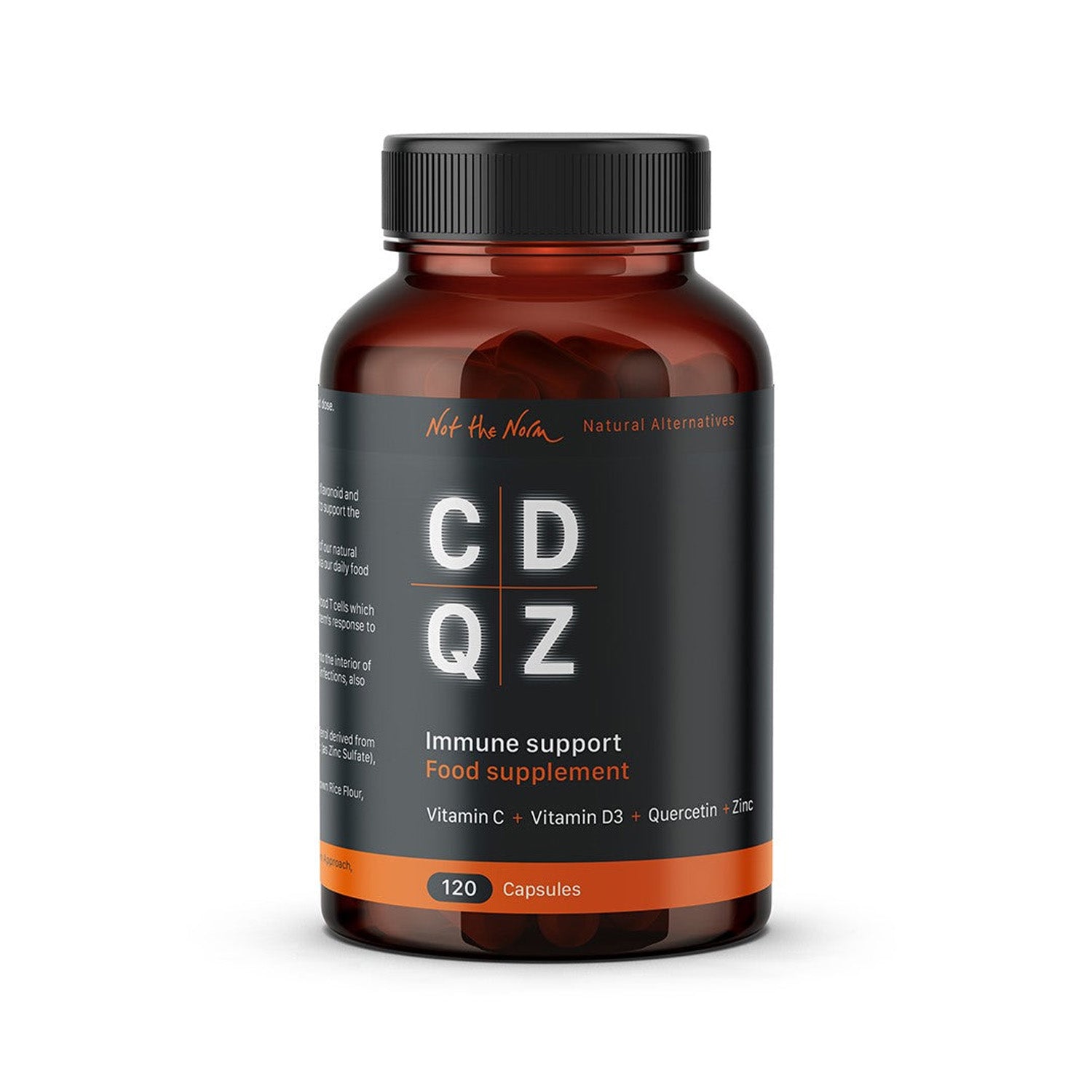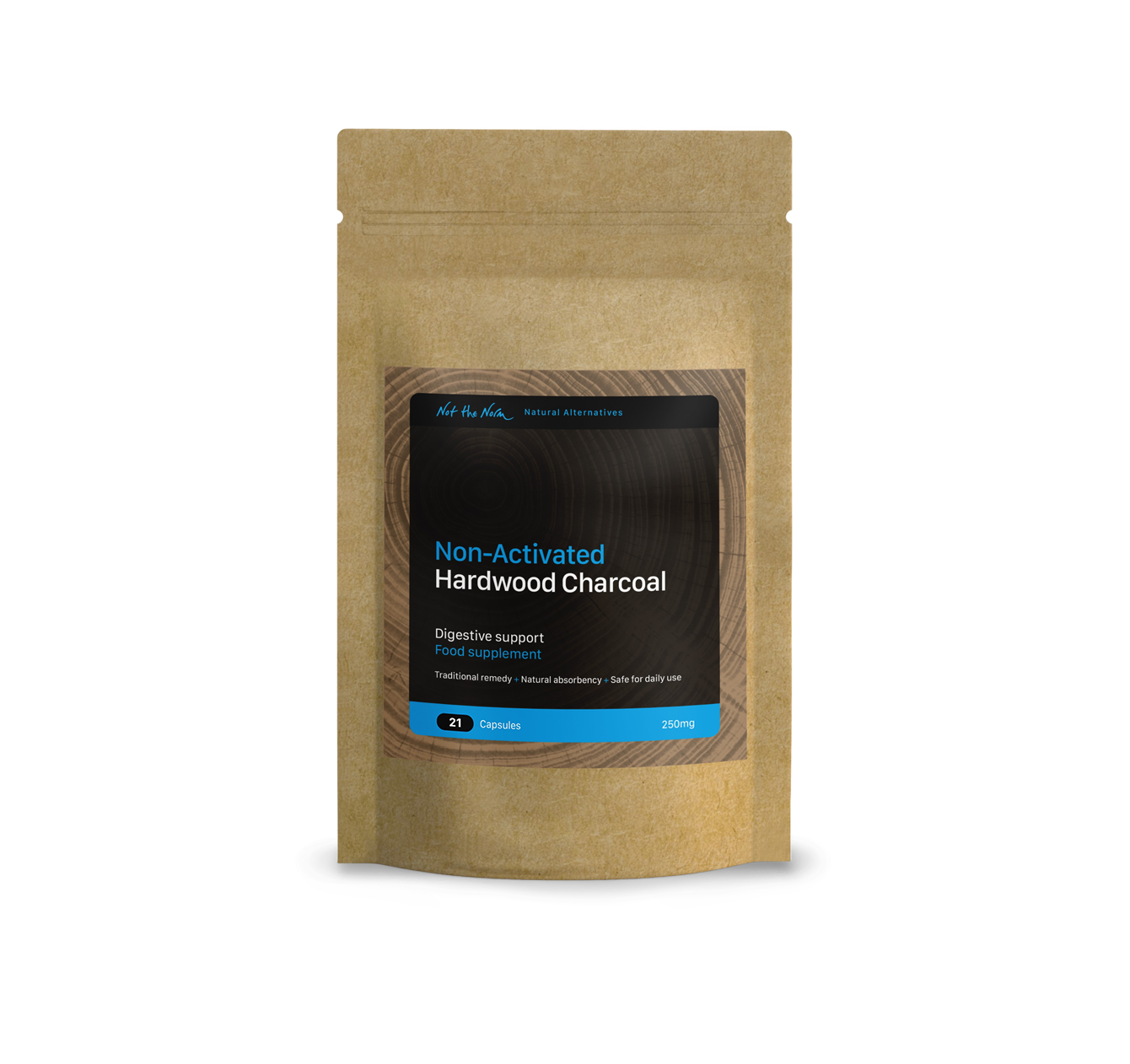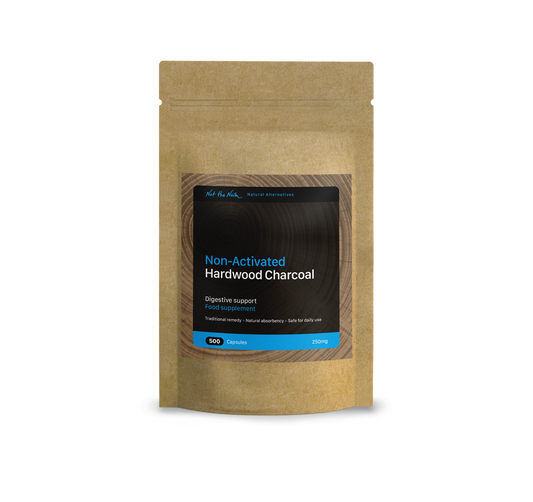In the intricate tapestry of human health, certain nutrients often operate behind the scenes, quietly yet profoundly influencing our well-being. Boron, despite its modest reputation, emerges as a vital player in maintaining robust bones, supple joints, and optimal metabolic function. As modern agricultural practices deplete our soils of this essential mineral, understanding boron's roles and integrating it wisely into our diets becomes increasingly crucial for combating prevalent health issues like metabolic syndrome and joint ailments.
Unveiling Boron's Role in Bone and Joint Health
Research spearheaded by Dr. Rex Newnham in 1994 highlighted boron's crucial role in enhancing skeletal strength and joint flexibility. His studies revealed that boron aids the metabolism of calcium, magnesium, and vitamin D—essential elements for maintaining bone density and resilience. Newnham's findings suggested that boron supplementation could significantly improve bone health, reduce the risk of osteoporosis, and alleviate joint discomfort and inflammation, particularly in arthritis patients.
Despite these promising findings, Newnham's research inadvertently led to increased scrutiny and regulatory action on boron compounds, such as borax. Although his studies showcased the health benefits of boron, they also raised awareness about the risks of misuse and overexposure. Consequently, regulatory bodies imposed restrictions on boron to ensure public safety, especially given borax's common use in cleaning products. These restrictions aimed to balance boron's therapeutic potential with the need to prevent potential health hazards from improper usage, leading to a ban on borax in some regions.
Dr. Newnham reacted with frustration to these regulatory measures, arguing that they hindered public access to a beneficial supplement. He maintained that the health advantages of boron, particularly in treating arthritis and improving bone density, far outweighed the potential risks when used appropriately. Newnham advocated for informed and regulated use rather than outright bans, emphasizing the need for greater public and scientific awareness of boron's benefits. Some speculated that the restrictions might have been influenced by the pharmaceutical industry, aiming to protect the market for conventional treatments. However, regulatory bodies generally cited safety and public health concerns as the primary reasons for these actions, highlighting the ongoing debate over the motivations behind such regulations.
Boron's Impact on Metabolic Wellness
Beyond its benefits for bones and joints, boron exhibits promising effects on metabolic health. Newnham's research and subsequent studies indicate that boron plays a crucial role in:
Enhancing Glucose Metabolism
Boron has been shown to improve insulin sensitivity and glucose tolerance, crucial factors in managing blood sugar levels and reducing the risk of insulin resistance and type 2 diabetes. By supporting optimal glucose metabolism, boron offers a potential avenue for mitigating metabolic syndrome.
Modulating Lipid Profiles
Studies suggest that boron supplementation can positively influence lipid profiles by lowering triglyceride levels and increasing HDL (good) cholesterol. These effects contribute to improved cardiovascular health, reducing the risk of heart disease—a common consequence of metabolic syndrome.
Mitigating Inflammation
Boron's anti-inflammatory properties may help mitigate the chronic inflammation associated with metabolic disorders. By reducing systemic inflammation, boron could potentially alleviate the metabolic stress contributing to conditions like metabolic syndrome.
The Impact of Soil Depletion on Boron Availability
Despite its critical health benefits, boron is increasingly scarce in modern diets due to soil depletion and agricultural practices that prioritise other nutrients. Intensive farming practices and environmental factors contribute to the depletion of boron in soil, diminishing its availability in food sources. This scarcity underscores the importance of deliberate supplementation and dietary strategies to ensure adequate boron intake.
Arthromend Supplement: Enhancing Joint Health with Boron
Our supplement Arthromend combines several potent ingredients, including sodium borate (a source of boron), aimed at supporting joint health and mobility. Here’s how each component contributes:
- Sodium Borate (Boron): Known for its role in bone metabolism and joint health, boron supports the maintenance of strong bones and flexible joints.
- Ascorbic Acid (Vitamin C): Essential for collagen synthesis, vitamin C helps maintain the integrity of joint cartilage and promotes overall joint health.
- Citrus Aurantium (Bitter Orange): Contains bioactive compounds that may support joint function and provide antioxidant benefits.
- Turmeric (Curcuma longa root): Known for its anti-inflammatory properties, turmeric helps reduce joint inflammation and stiffness.
Embracing Boron in Your Diet
Incorporating boron into your diet can be pivotal for maintaining overall health and addressing specific health concerns. Boron-rich foods include fruits like apples, pears, and grapes; nuts such as almonds, walnuts, and hazelnuts; and legumes like beans, lentils, and chickpeas. While these foods provide some boron, supplementation may be necessary, especially in regions where boron content in soil is low. Research suggests that a daily intake of 3 to 10 mg of boron, as recommended by Newnham, can offer significant health benefits, particularly for those managing metabolic syndrome and joint issues.
Conclusion: Nurturing Health with Boron
As we navigate the challenges of modern health issues, from metabolic disorders to joint ailments, boron emerges as a versatile ally. Its role in promoting bone strength, enhancing metabolic function, and reducing inflammation underscores its significance in holistic health. By embracing boron-rich foods, considering targeted supplementation, and advocating for sustainable agricultural practices that prioritise soil health, we can harness the full potential of boron for a healthier future. Let's empower ourselves with knowledge and proactive choices to pave the way toward enhanced well-being in an increasingly health-conscious world. Increase your boron intake by 3 mg a day, and see how you feel!
Further reading:
"The absence of studies showing harm in conjunction with the substantial number of articles showing benefits support the consideration of boron supplementation of 3 mg/d for any individual who is consuming a diet low in fruits and vegetables or who is at risk for or has osteopenia; osteoporosis; OA; or breast, prostate, or lung cancer."
Essentiality of Boron for Healthy Bones and Joints
"...over 30 years of accumulating evidence indicates that boron is essential for healthy bones and joints. Both epidemiologic and controlled animal and human experiments suggest that boron supplementation in amounts found in some diets throughout the world is effective in preventing or treating various forms of arthritis."
Pivotal role of boron supplementation on bone health: A narrative review
"This review included 11 eligible studies: 7 regarding the supplementation with boron alone and 4 regarding supplementation with boron and other nutrients. Despite the number of studies considered being low, the number of subjects studied is high (594) and the results are interesting."


















1 comment
Članek , je zelo koristen za vsakega posameznika, ker so vse študije pokazale , da je bor esencijalen mineral, ki ga moramo unašati v našem telesu bodisi prek prehrano, vodo ali prek prehranskim dopolnilom, vsak dan.
Če bo se zdravstvo odločilo, da te raziskave potrdi tudi s svojimi metodami preiskave in jim družba omogoči sredstva in možnost neodvisnega strokovnega odločanja, potem bo se število bolnikov občutno zmanjšalo. Lahko se izboljša tudi ekstrakcija bora in njegova resorpcija v telesu.
Gospod Rex Newnham , js svoje številne raziskave , je nam utrl pot k življenju z manj bolečinam in stresom. Vredna je spoštovanja in zahvale vseh nas. Hvala da ste to temo izpostavili javnosti.